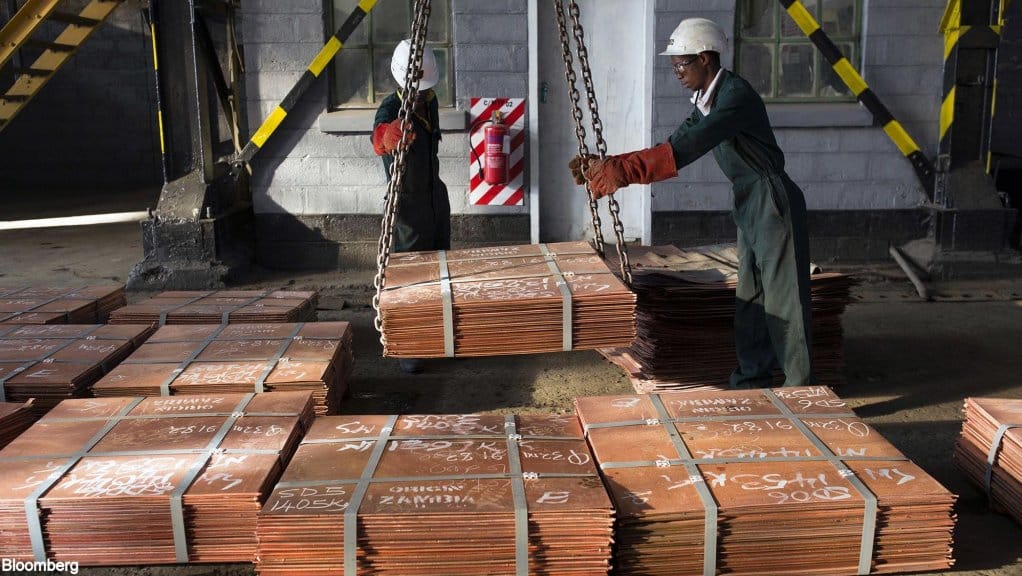With the global energy transition driving increased demand for key metals such as copper and cobalt, Zijin Mining Group expects copper demand to grow to 7.2-million tonnes a year in 2030.
During a keynote address on the first day of this year’s London Indaba, Zijin deputy president Shaoyang Shen pointed out that Africa is the second largest copper producing continent, with the Democratic Republic of Congo (DRC) and Zambia being among two of the top ten copper producing countries in the world.
As such, Zijin has set the focus of its long-term growth strategy on Africa. It has an interest in operations in the DRC, Eritrea and South Africa.
“A priority will be to look for further investment opportunities on the continent,” Shen added.
Pointing to some of the company’s copper projects in Africa, he said the Commus copper/cobalt mine in the DRC produced 127 000 t of copper in 2023, with guidance for this year set at 128 000 t.
Additionally, the Kamoa-Kakula copper complex, also in the DRC, which is jointly owned and operated with Ivanhoe Mines, produced 393 000 t of copper in 2023, with the guidance for this year set ar more than 440 000 t.
With the completion of the Phase 3 concentrator at Kamoa-Kakula, Shen said, the production of the mine should increase to over 600 000 t in future.
Further, the Bisha zinc/copper mine, in Eritrea, produced 17 000 t of copper in 2023 and is expected to produced 20 000 t this year.
“As a major copper producer, as well as a producer of other industrial metals, we believe we are very well positioned to benefit from this new energy transition trend and we’ll continue contributing to the … global supply chain,” Shen expressed.
Moving forward, he said, Zijin would continue to increase its copper production in the coming five years.
“Our guidance for 2024 and 2025 will be 1.1-million and 1.2-million tonnes, respectively, and by 2028 we should be able to hit 1.5-million tonnes.”
Meanwhile, Shen noted that lithium would be another growth driver for the company.
Regarding the future of the global mining industry, he commented that international cooperation had been a key driver for the robust growth of the mining industry, advocating for continued international cooperation.
“Working together is going to be the best way for the mining industry,” he said.



